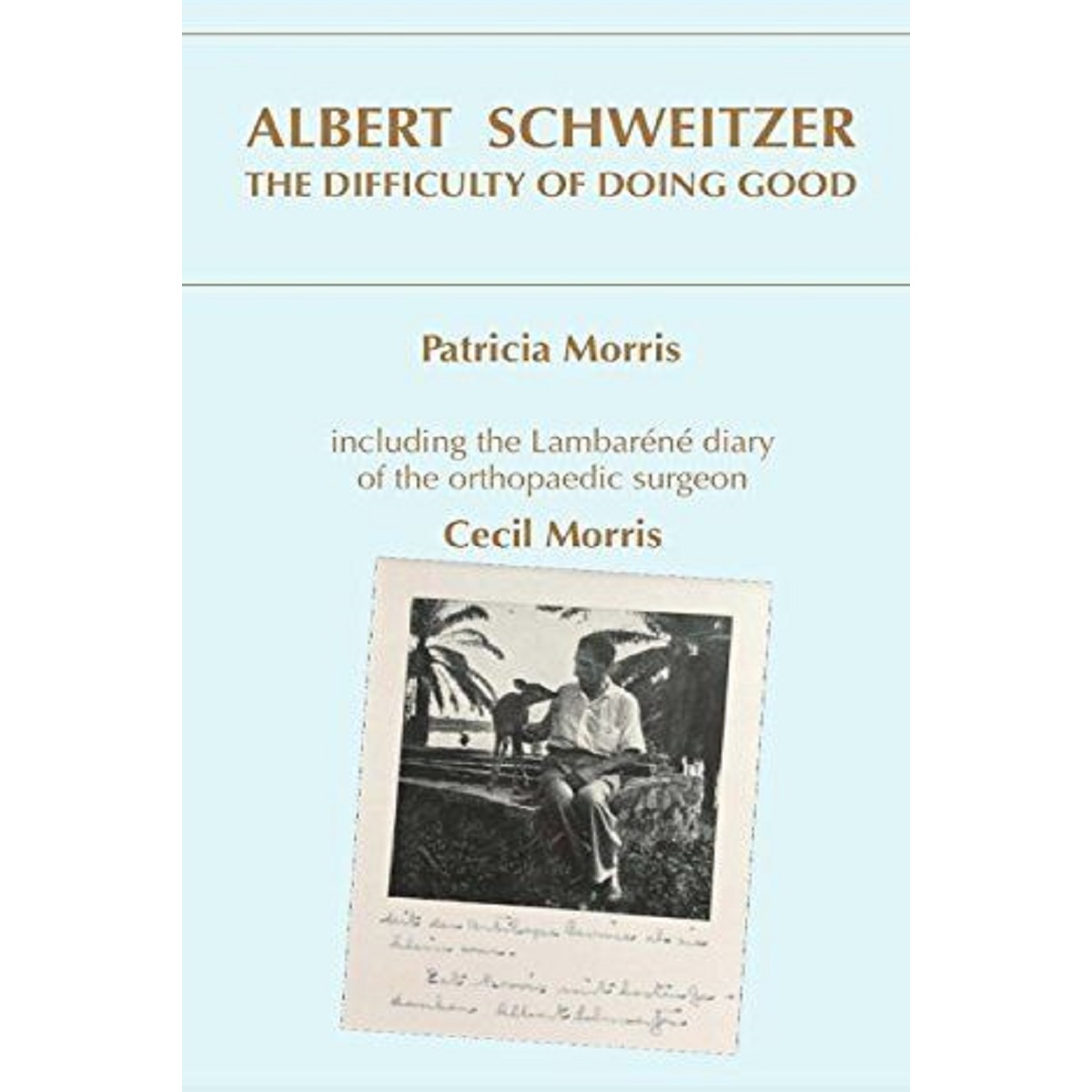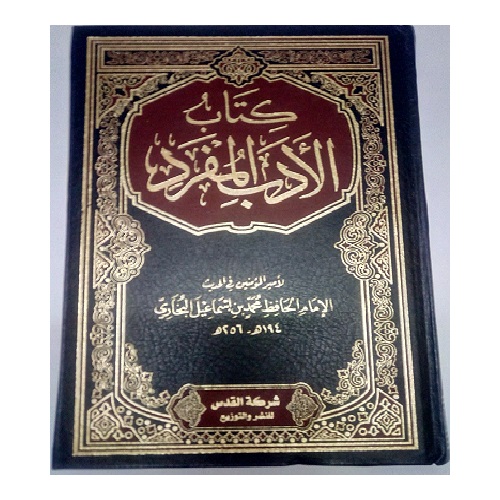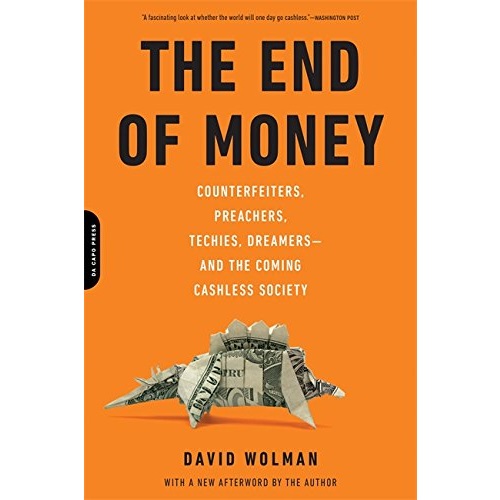Description
Dr. Albert Schweitzer (1875-1965) was already famous as a musician, philosopher and theologian when he qualified as a medical doctor and forsook Europe’s comforts to live ethically, with what he called “Reverence for Life”. In pursuit of this aim, in a jungle in equatorial Africa, he built a hospital and a leper village for isolated hunter-gatherers. His achievements were recognized with international awards, honorary degrees and the Nobel Peace Prize in 1952. In his last years Schweitzer was a vehement protester against the development of nuclear arms and against foreign interference in the Congo. Suddenly he became an easy target for criticism. Schweitzer’s biography reminds us of the sacrifice required to live a moral life, including that our well-intended actions are as likely to arouse excoriation as admiration.
In Part One the author takes a fresh look at Schweitzer’s life story, acknowledging the often grinding toil and emotional demands that interrupt, even preclude, success. Her account illuminates Part Two, the brief diary kept by her father, the orthopedic surgeon Cecil Morris, on his working visit to Schweitzer.
Patricia Morris is a psychoanalytic psychotherapist. She is the author of Freud, Politics and Civilization, and Love & Sex: 50 therapy lessons, the latter about problems in relationships that bring people into therapy.
In a review of Albert Schweitzer: The Difficulty of Doing Good, Martin Birdseye of Christian CND wrote, “The characters are very human and portrayed sometimes in what seems like a hard light, so you may feel disappointed if you are hoping for a hagiography or even just a feel-good story. But the story is about how hard it is to do good and not just to be good. . . . A man with a profound and ultimately prophetic view of the world could not in the end maintain an apolitical stance. From his overwhelming “reverence for life” [Schweitzer] felt compelled to condemn nuclear weapons and to engage with this and some other issues on a world stage. This book is not just an encouragement but also an elemental and tangible part of the story towards nuclear weapons abolition.”







